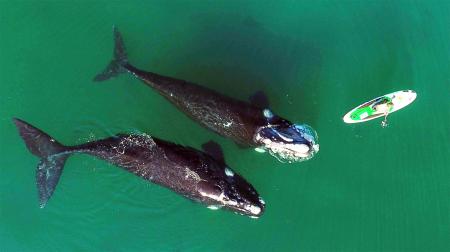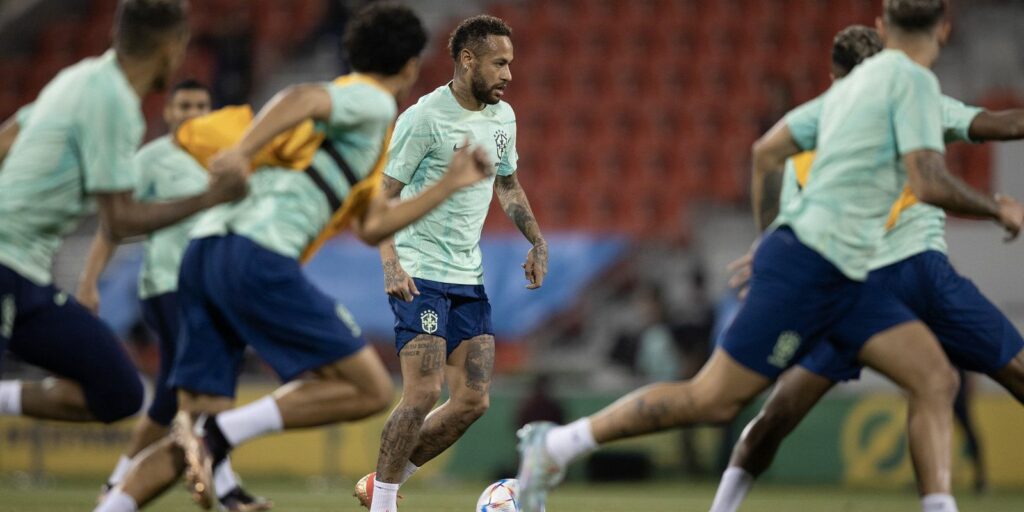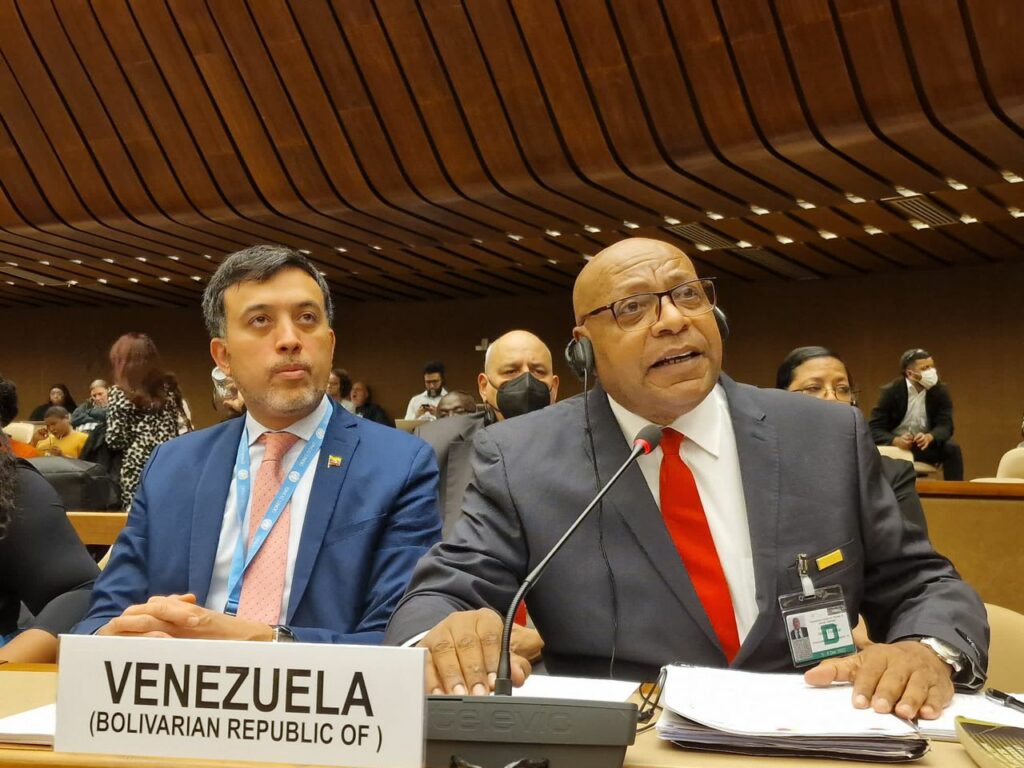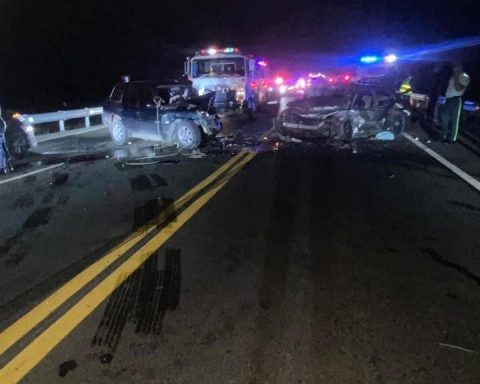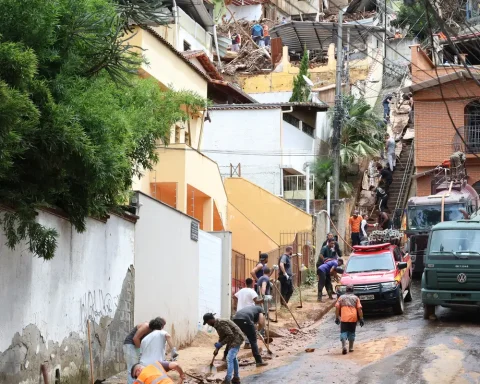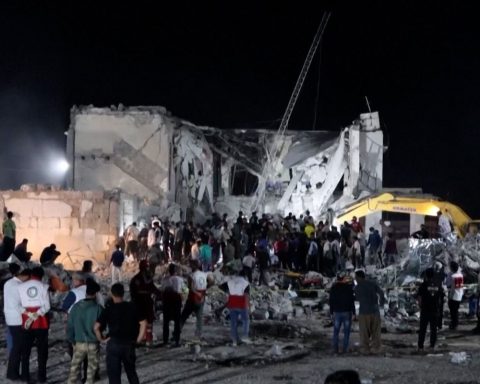The whales were the focus of media attention at the beginning of October, when more than 30 dead specimens were found on the coast of the Valdés Peninsula. The episode, caused by an unusually intense poisonous algal bloom -known as “red tide”- invites us to reflect: Why are these oceanic giants so vulnerable and important?
“Whales are guardians of the oceans and of life itself,” he says. Roxana Schteinbarg, co-founder and coordinator of Communication Programs at the Whale Conservation Institute (ICB).
And he continues: “With their enormous bodies, they have the capacity to capture CO2 (carbon dioxide) of anthropogenic origin, much more than a tree: 33 tons throughout their lives, which can exceed 100 years. When they die and their bodies reach the bottom of the sea, this gas is retained on the ocean floor, reducing the stock of CO2 in the atmosphere, and contributing as if they were forests, to the mitigation of climate change.

But this is not its only ecosystem function. Whales are also great fertilizers of the oceans: by feeding on krill and defecating, they replenish nutrients that allow the growth of algae and other microorganisms that are in turn food for krill, in a perfect circular economy cycle.
On the other hand, these enormous and charismatic sea creatures also contribute, through sighting activities, to the development of tourism in many regions of the world, such as the Valdés peninsula in Argentine Patagonia.
guardians in danger
Paradoxically, and despite their enormous contributions to the ecosystem, whales are one of the species most threatened by environmental imbalances generated or aggravated by human activity: climate change, plastic garbage, and pollution of the oceans and seas.

A study by researchers from the ICB and the Ocean Alliance showed the effects of climate change on the survival of female southern right whales. According to this work, which was published in the scientific journal Science Advances, female mortality increases after El Niño events, and this can delay or even prevent the birth of new specimens.
El Niño, a phenomenon characterized by fluctuating ocean temperatures, causes a warming of the sea surface, reducing the abundance of krill. This decreases the possibilities of feeding and especially affects females in the reproductive stage. The whales have a year of gestation followed by another year of lactation, which implies an overexertion for their organism that causes them to lose body mass, as shown by the study based on photo-identification and comparison of images of the whales over the years. over the years.
Climate change also generates a greater frequency and intensity of phenomena such as the red tide that occurred in the area of Península Valdés between the end of September and the beginning of October and caused the death of at least 30 whales.

“There is evidence that shows that changes in sea currents and in the intensity of the winds, the increase in sea temperature and the amount of organic matter in the water, favor algal blooms that cause red tide,” he explains. the biologist Mariano Sironi, co-founder and research director of the ICB.
“What happened is that this year the algal blooms had record levels of toxins. And although the whales do not feed on algae but on zooplankton and krill; they filter the water with algae and by filtering it, they ingested the lethal toxins”, explains Sironi.
the new enemies
Although commercial hunting is no longer a danger to whales, due to the high regulations for the activity, “today they continue to be at risk due to other factors: the aforementioned climate change, plastic garbage, collisions with boats, offshore seismic prospecting and entanglement when they get caught in fishing nets”, lists Schteinbarg, who is an agricultural engineer and spent several years consulting in that field, until the whales came into her life, from a volunteer she did for a conservation organization .

Willing to study and protect these fascinating marine beings, Schteinbarg founded the ICB together with the biologists Mariano Sironi and Diego Taboada in 1996. Since 2014, the entity has carried out the “following whales” project together with the Conicet, the National University of Comahue and a group of local and international scientific and conservation entities.
This program allowed the satellite monitoring of 65 Southern Right Whales, “through the use of sensors placed on their body that allow their movements and movements to be recorded without altering their behavior or well-being,” explain the ICB specialists.
The information generated allows us to learn more about the whales and highlights the importance of having Marine Protected Areas for their conservation. In addition, it is a valuable input to recommend regulations for activities (fishing, oil and shipping) with a potential impact on this and other marine species.

To carry out the conservation and research tasks, the ICB launched its “Adopt a whale” campaign, which in exchange for an economic contribution starting from $700 per month, allows access to biographical information on the chosen specimen and didactic and educational materials.
